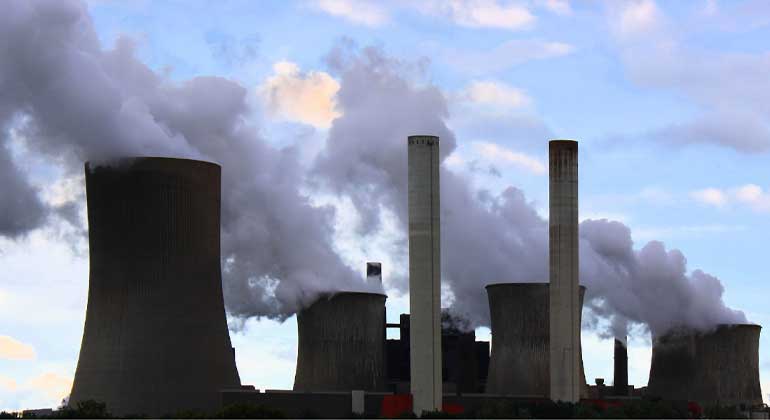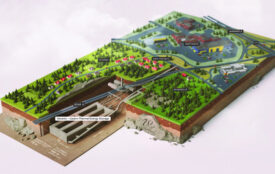Carbon pricing can reduce social inequality
A meta-study evaluates research on distribution effects. It reveals a favourable condition for corresponding reforms in poorer countries in particular, and the transport sector in general.
Since the protest actions of the “yellow vests” in France began in 2018, the following is a much heard argument: as poorer households spend a higher proportion of their income on energy they would be particularly affected if climate policy makes greenhouse gas emissions more expensive. But, that does not generally correspond to reality. In many cases, carbon pricing can reduce the gap between rich and poor. This is shown by a meta-study led by the Berlin-based climate research institute MCC (Mercator Research Institute on Global Commons and Climate Change), in cooperation with the German Institute for Economic Research (DIW). It has now been published in the journal Environmental and Resource Economics.
In order to explore whether carbon pricing tends to favour high- or low-income households, and what exactly this depends on, the authors look at the numerous empirical and model-based analyses. Using a systematic method of searching, selecting and reviewing relevant literature, they assess the full spectrum of studies, no matter whether climate policy makes people pay for greenhouse gas emissions through taxes, emissions trading, or the reduction of climate-damaging subsidies. The result is that a third of the policy measures put a percentage burden on poorer households that is less than or equal to that of rich ones.
The study deliberately refrains from considering how the state uses the revenues and thus influences the distributional impact. “This is because public debates also simply focus on the initial impact, i.e. the distributional effect of higher consumer expenditures due to increased fuel and energy prices,” explains Nils Ohlendorf, PhD student in the MCC working group Climate and Development and lead author of the analysis.” The fact that governments can favour poorer households by using revenues often goes unnoticed, even if it is communicated from the outset.”
According to the statistical analysis, there is a particularly high probability in developing and emerging countries that carbon pricing reduces social inequality, and thus may be more easily communicated politically. This also applies to carbon pricing in the transport sector in general. The authors emphasise that this is in line with expectations, as the poorest people in the world have less access to fossil energy and so are less affected, and in industrialised countries, a larger proportion of poorer people tend to use energy-efficient public transport rather than individual cars. The meta-study also shows systematically more “favourable” findings in methodologically more advanced and detailed research studies. These take into account, for example, the indirect effects of carbon pricing on various consumer goods or demand-side adjustments of households.
Carbon pricing is on the rise in many industrialised countries, supplemented by revenue recycling to ensure social balance. “But, especially in many emerging countries, corresponding reforms are hindered by the perception that market-based climate policy through pricing is inherently anti-poor,” says Jan Steckel, working group leader at the MCC and one of the co-authors of the new study. “Representatives of fossil industries tend to overemphasise this notion, since climate policy potentially reduces the profitability of their investments. Our scientifically based overview can help to make this discourse more objective.”
Reference of the cited article:
Ohlendorf, N., Jakob, M., Minx, J., Schröder, C., Steckel, J., 2020, Distributional Impacts of Carbon Pricing, Environmental and Resource Economics
Source
MCC (Mercator Research Institute on Global Commons and Climate Change) 2020








